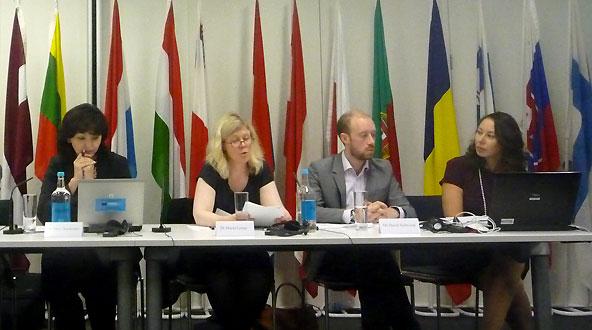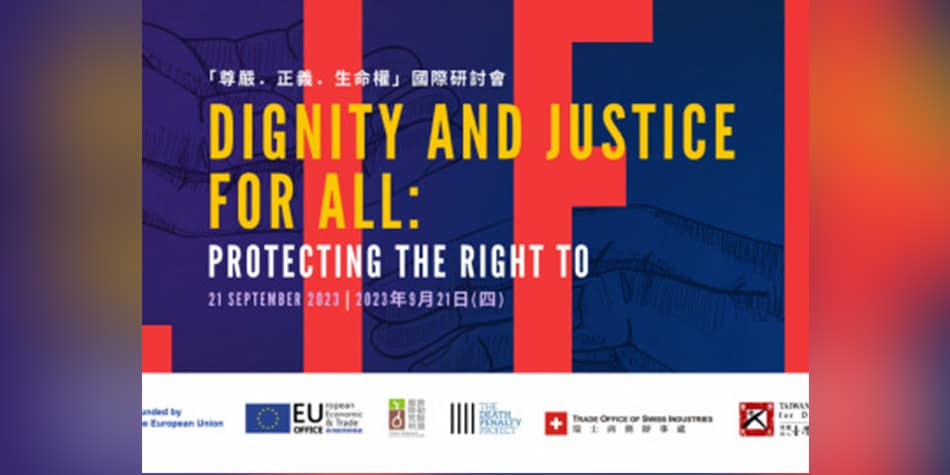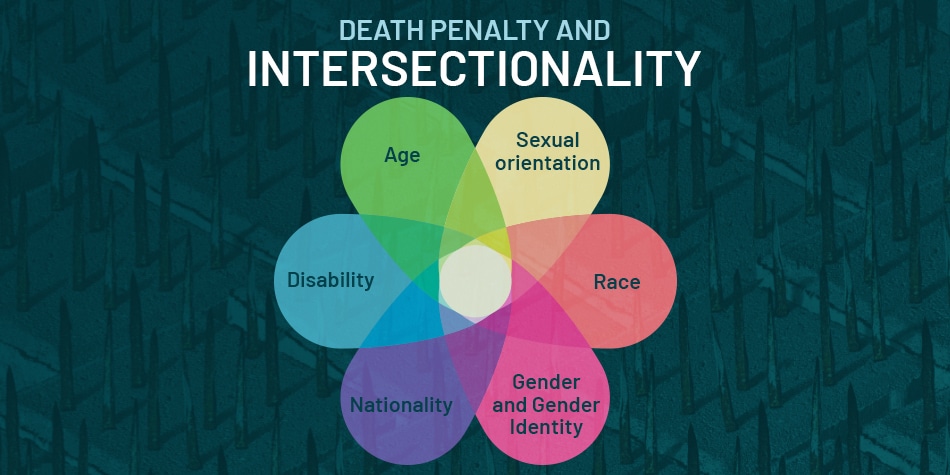
Opening up the debate in countries with the death penalty
Abolition
PRI Chair David Daubney describes this conference as “an opportunity to inspire decision- and policy-makers in death penalty countries to identify new ways of harmonising their criminal justice systems with evolving standards and values that indicate that the death penalty has no place in civilised society.”
While two-thirds of the world’s states have already abolished the death penalty in law or in practice, those who continue to retain it are taking positive steps to reduce or restrict its application in law or in practice, reflecting its declining use.
“The death penalty violates the fundamental right to life,” says Daubney, “and amounts to torture, cruel and inhuman punishment. It is time for the world to eradicate this harsh and irrevocable form of punishment that has very little or any effect on changing criminal behaviour, and to develop a more evolved criminal justice system that aims to tackle the root causes of crime and violence.”
This view is shared from the American perspective as expressed by Brian Stevenson, executive director of the US-based Equal justice initiative: “The question that we have to ask ourselves is not ‘does this person deserve to die for the crime committed?’, but it is ‘do we have the right to kill this person?’,” he said. “A country that thinks about executing a person when there are relevant doubts about his innocence cannot have the right to kill,” he added.
Misconceptions about Sharia Law
The Arab region is one of the most notorious executers in the world. In 2010, at least 378 executions were known to have been carried out in the region.
“The Arab Spring has created a golden opportunity for safeguarding civil liberties, and attention is turning towards criminal justice reforms including abolition of the death penalty,” stresses Taghreed Jaber, PRI Middle East Director. “This conference will be a fundamental building-block on the path towards abolition in Arab states and at the global level.”
Syrian MP and leading Islamic Scholar, Dr Mohamad Al Habach, attended the conference to address the misconceptions surrounding Sharia Law and the death penalty. “Almost all Arab states justify the use of the death penalty as an explicit link to Islam. But in practice, the crimes punishable by death go far beyond what has been provided for in Sharia law,” he said.
“The prophet says that a person who kills one soul is someone who kills all the souls, a person who save one soul saves all the souls,” he added. ““Only god has the power to bring people to life and to give death. The Koran provides for just retribution in the case of murder, and that does not necessarily means death.”
Participants to the conference include representatives from the Arab world, Africa, the United States, Eastern Europe, Central Asia and the South Caucasus, the United Nations, the European Union, the African Commission on Human and Peoples’ Rights, the Arab League, Amnesty International, Murder Victims Families for Human Rights and Reprieve.







